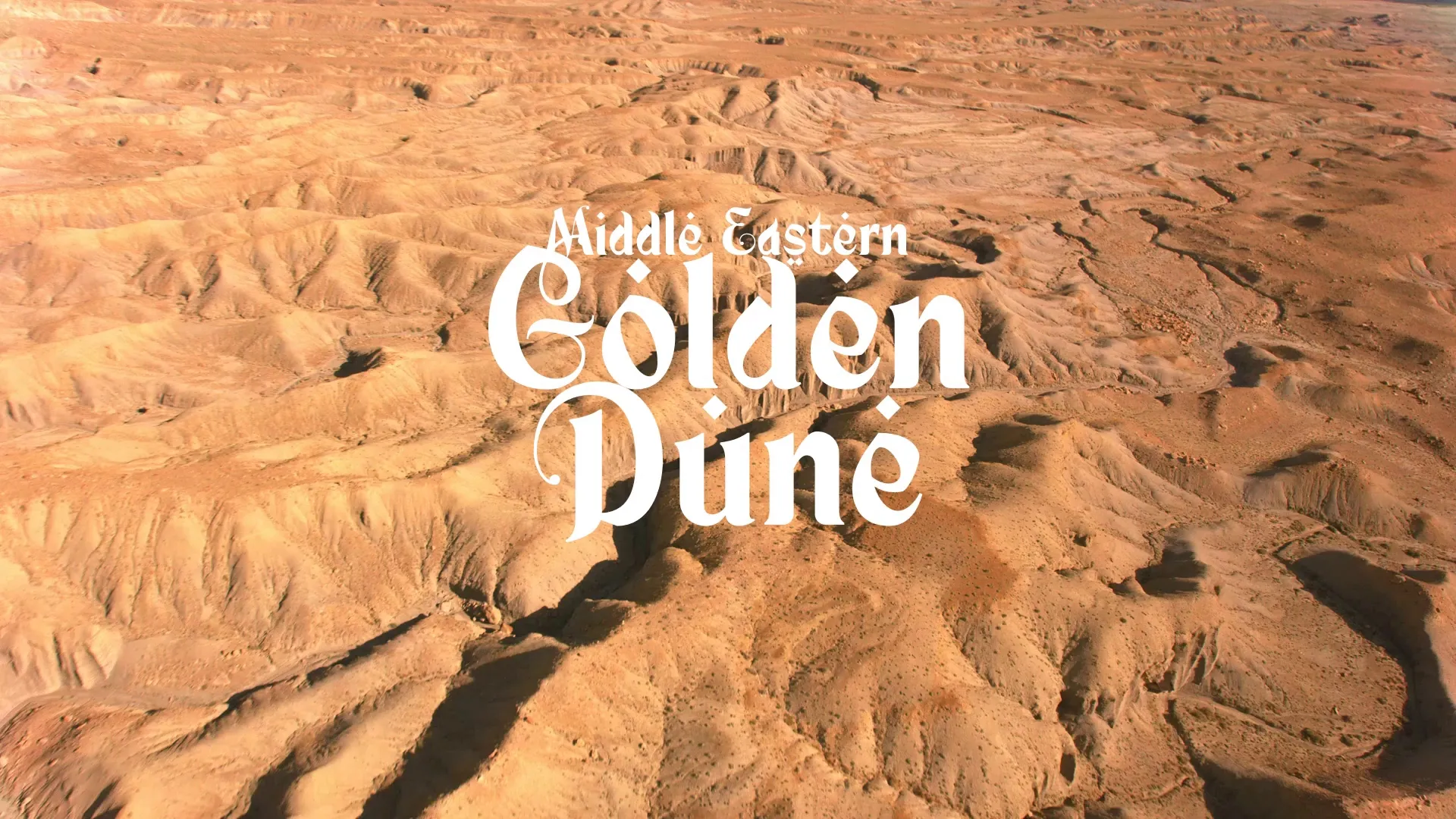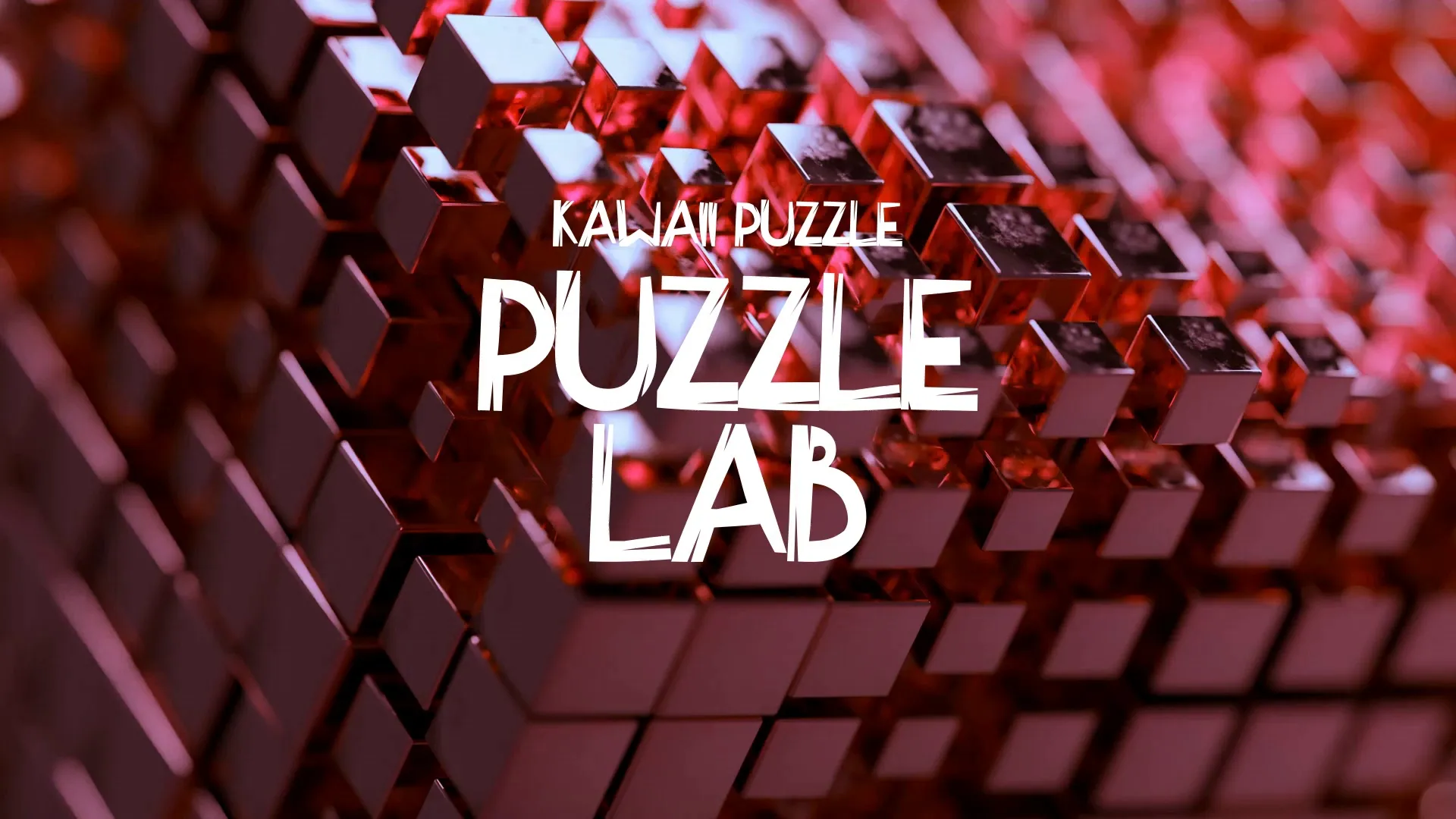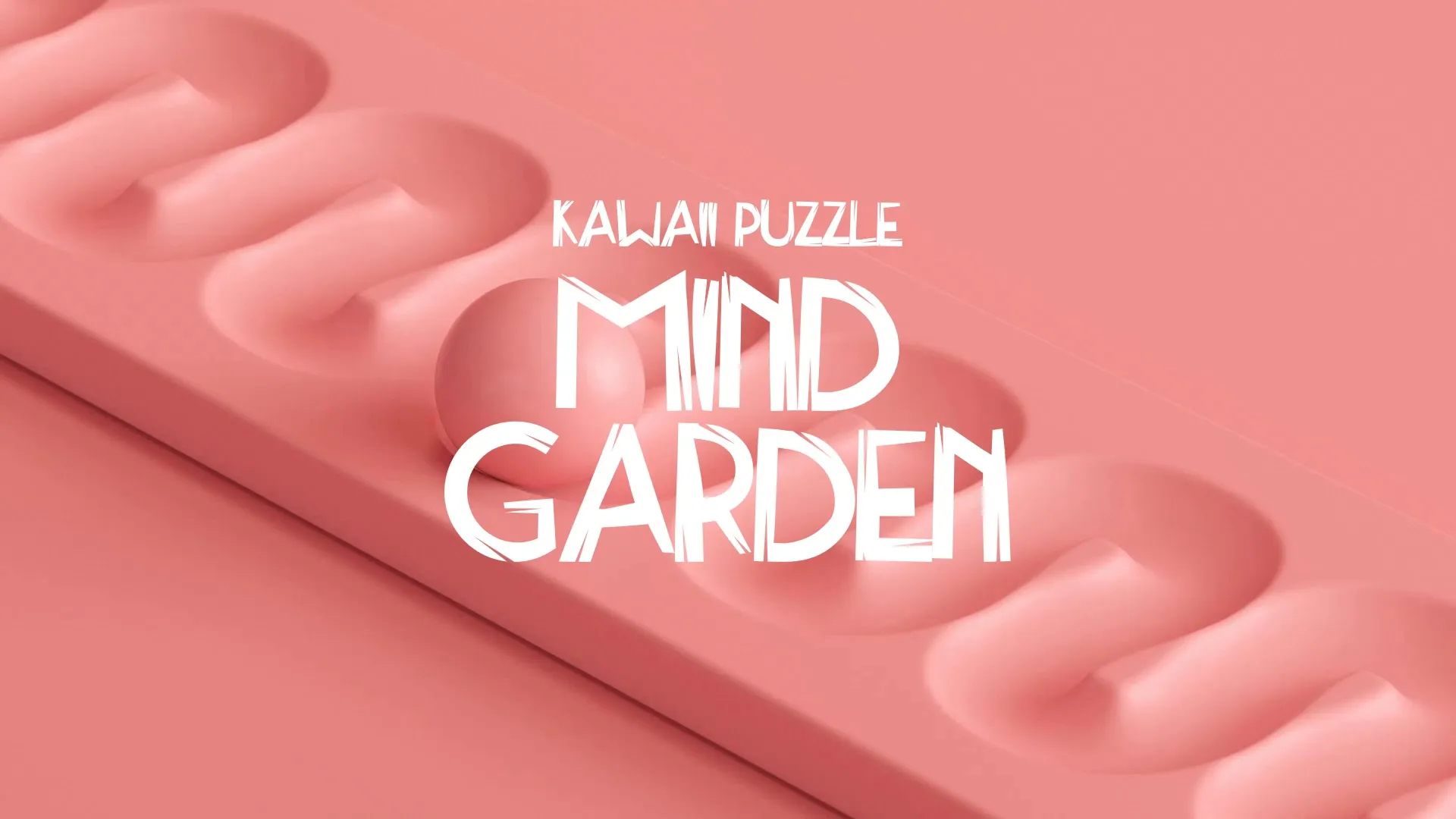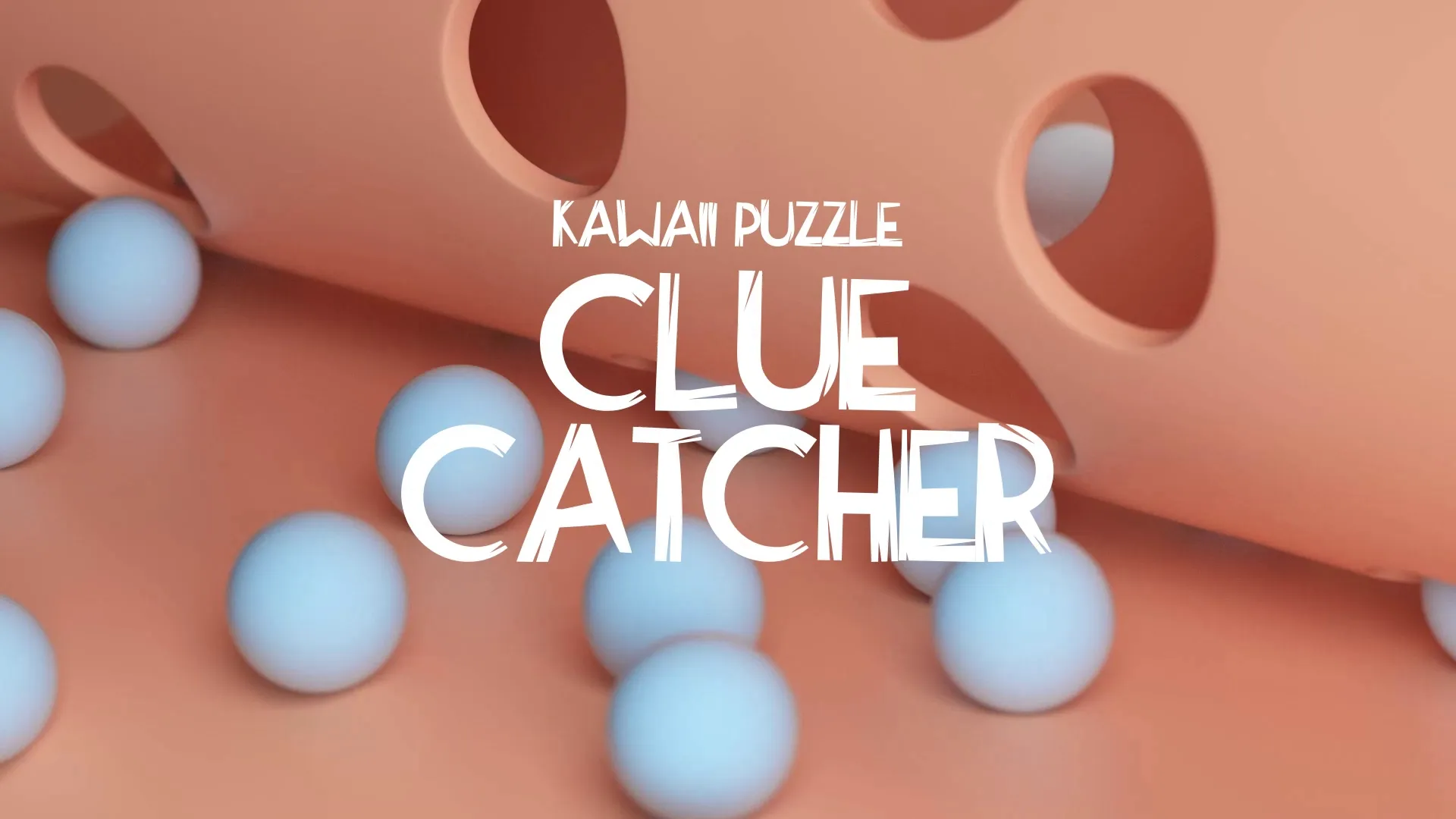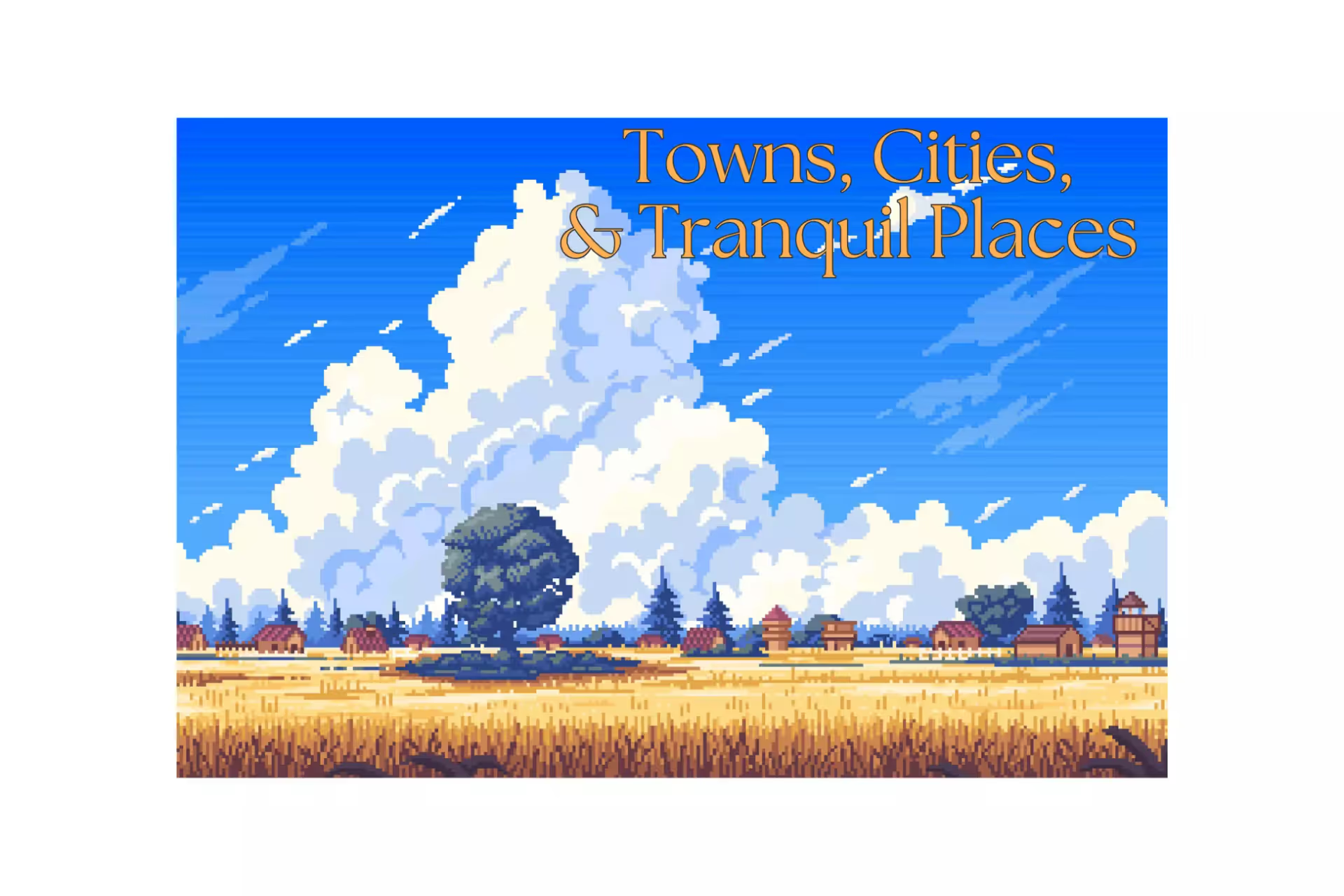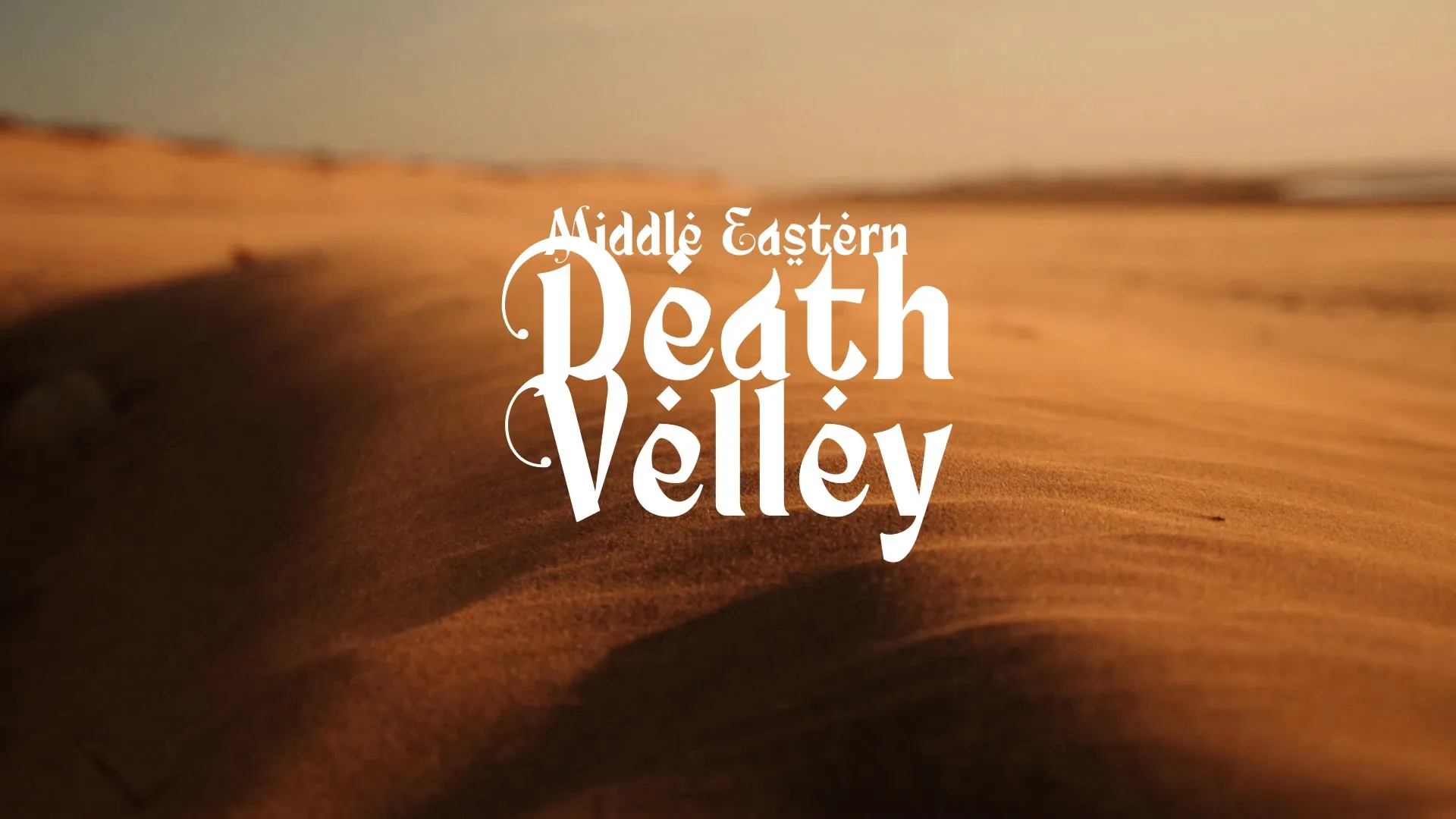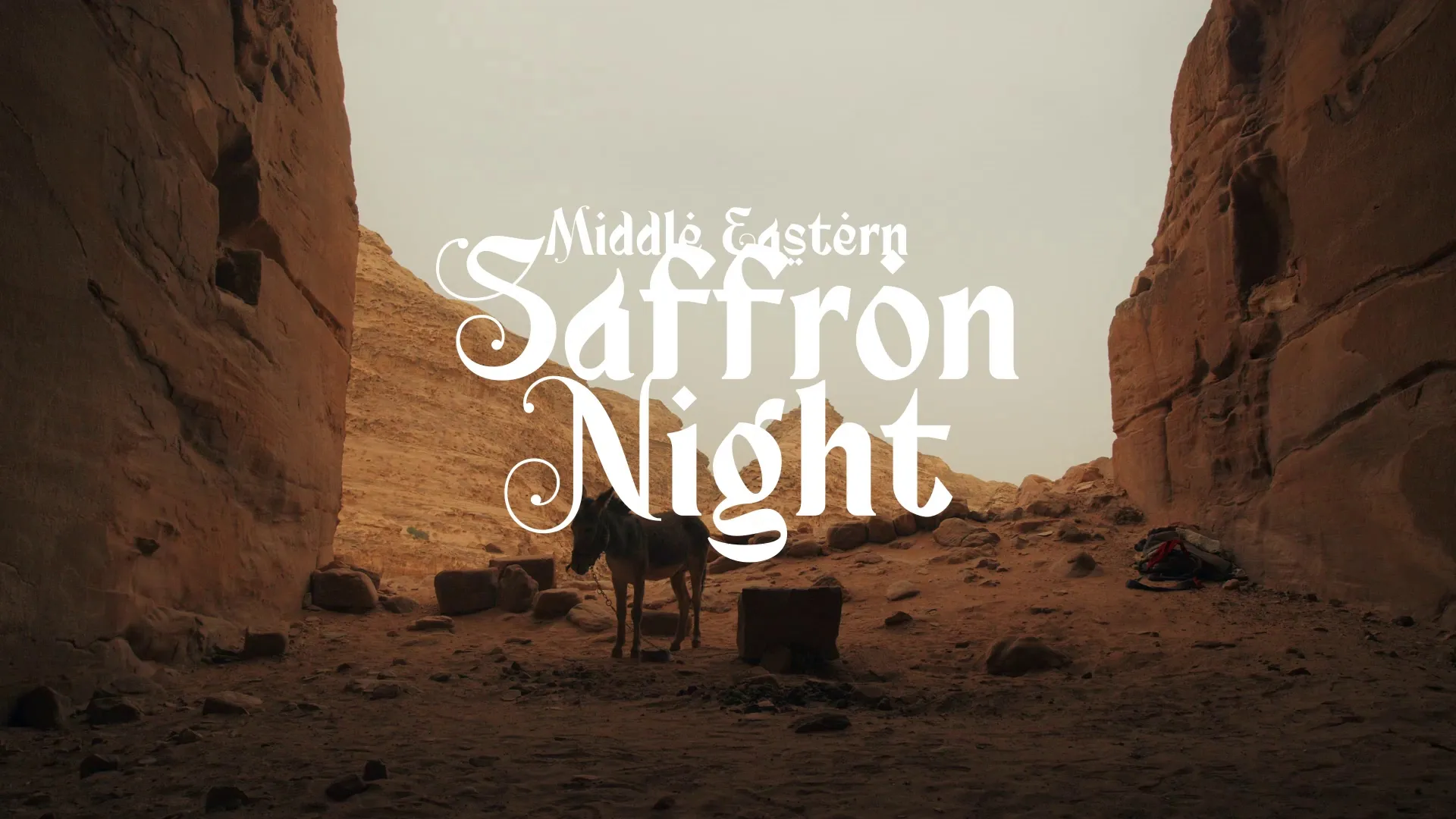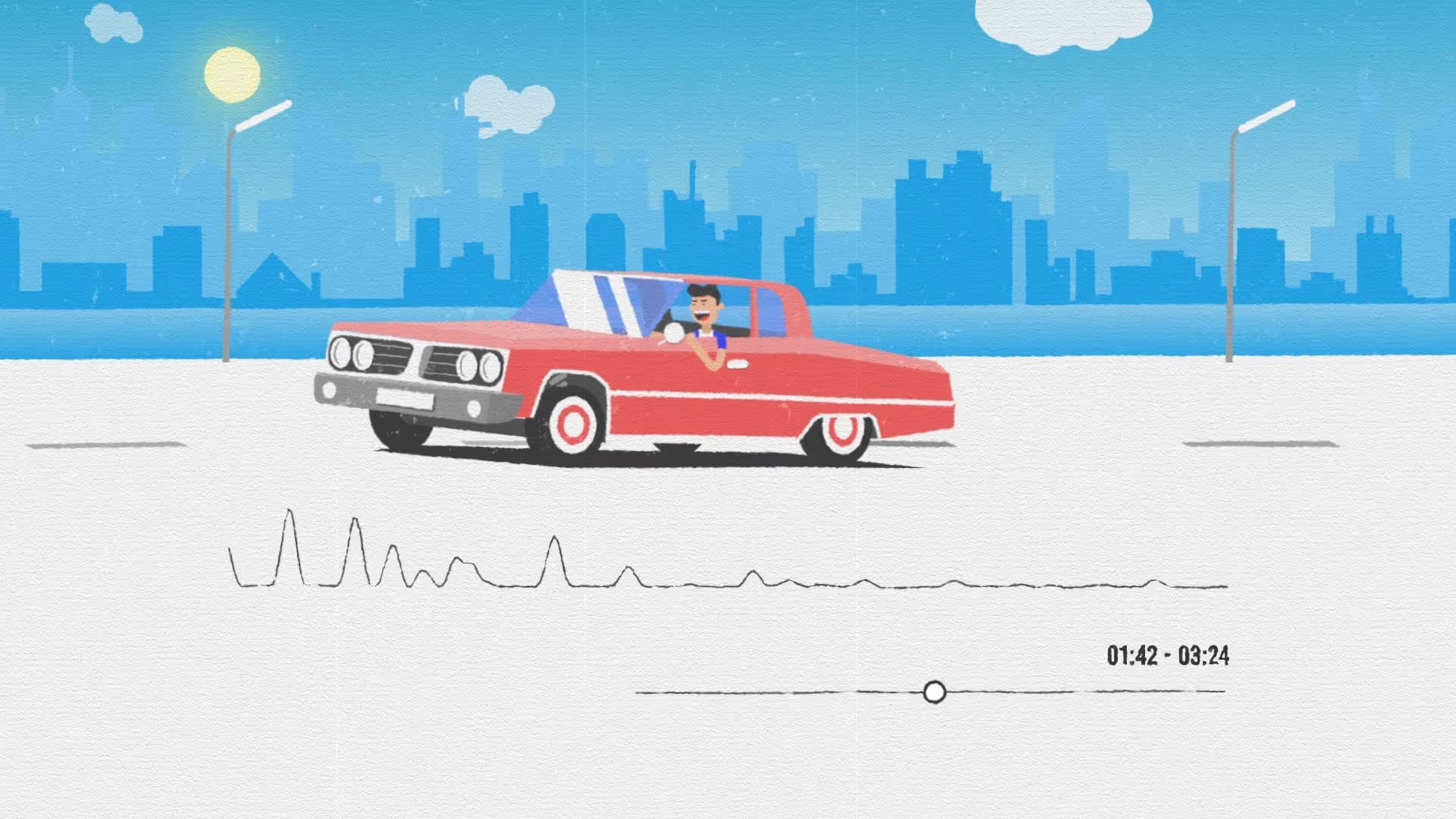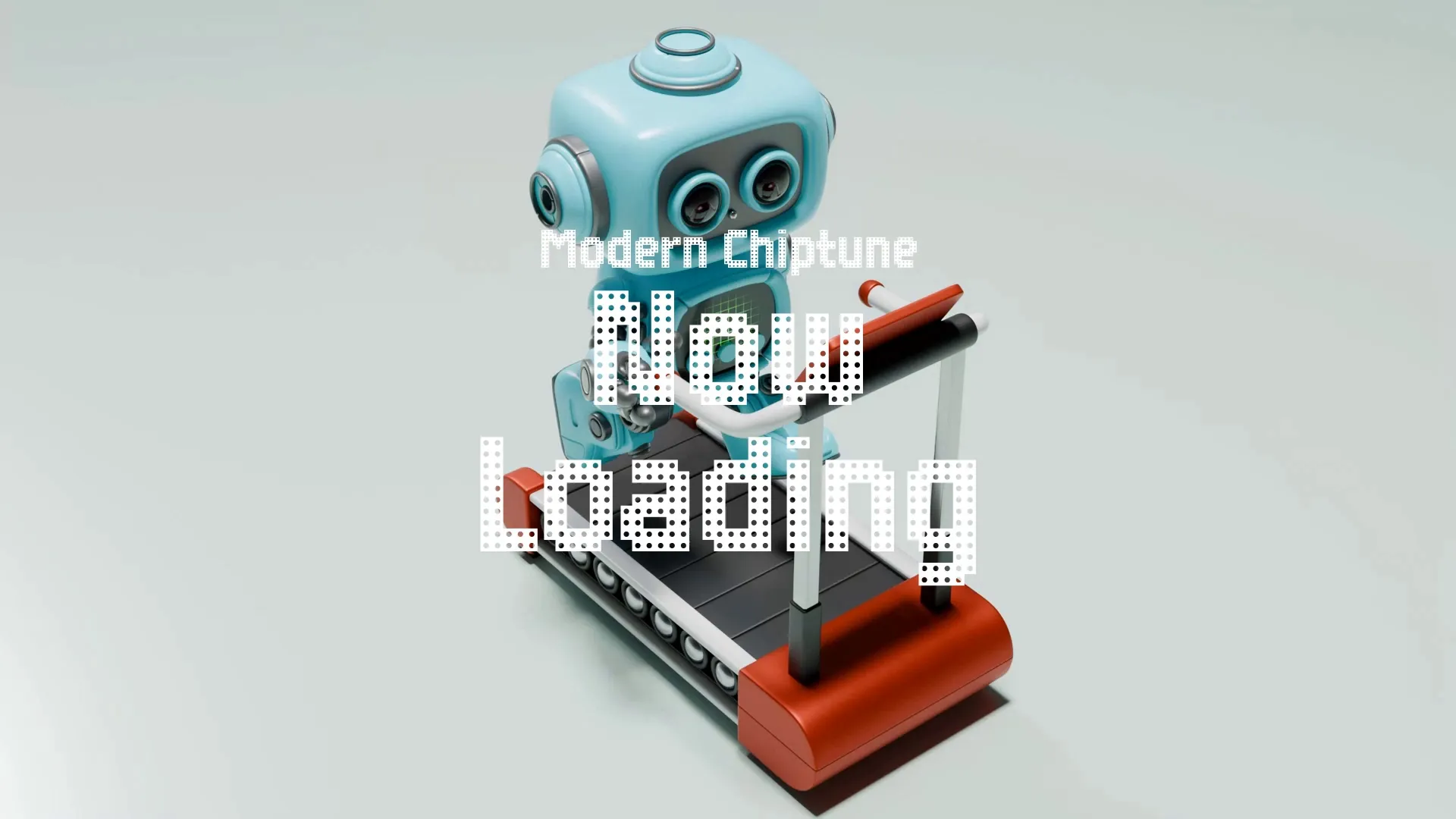AI Game Idea Generator: From Concept to Pitch with AI Art & Monetization
AI Game Idea Generator: From Concept to Pitch with AI Art & Monetization
Game development begins with an idea. Transforming that initial spark into a viable project requires structured development, concept validation, and a compelling pitch. AI tools now streamline this entire process, allowing indie developers to rapidly iterate and refine their game concepts.
Generating Unique Game Ideas with AI
The blank page is often the biggest hurdle. AI game idea generators can provide a powerful starting point, offering novel combinations of genres, mechanics, and themes. These tools leverage vast datasets to suggest concepts you might not have considered, pushing creative boundaries.
Start by inputting core themes or desired mechanics into an AI ideation tool. For instance, Wayline’s Ignite can generate endless game ideas, providing a diverse range of concepts to explore. Focus on the novelty and potential for engaging gameplay in these generated ideas, rather than immediate feasibility.
Crafting Initial Game Concepts and Mechanics
Once you have a few promising ideas, refine them into concrete concepts. This involves detailing core gameplay loops, primary mechanics, and the unique selling proposition of your game. AI can help expand on these initial thoughts, suggesting complementary mechanics or narrative arcs.
Consider how the player will interact with the game world and what makes your experience distinct. A robust core concept is essential before investing significant time into development. This early definition prevents scope creep and ensures a focused vision.
Visualizing Concepts with AI Game Concept Art
Visuals are crucial for conveying a game’s aesthetic and mood, even in the early stages. AI art generators allow developers to produce high-quality concept art without relying on external artists or extensive personal art skills. This accelerates the visualization process significantly.
Use AI art tools like Wayline’s Canvas to create initial character designs, environment mockups, or UI elements. Experiment with different art styles and prompts to find the visual language that best represents your game concept. These visuals are invaluable for internal discussions and early presentations.
Validating Your Game Idea Early
Before committing resources, validate your game idea. This involves assessing market potential, target audience interest, and competitive landscape. AI can assist by analyzing trends and providing data-driven insights into potential success.
Conduct small-scale surveys or gather feedback on your AI-generated concepts and art. Early validation helps you pivot if necessary, saving time and resources in the long run. Understand who your players are and what they are looking for in a game.
Integrating Monetization Strategies and Revenue Forecasting
A game’s financial viability is as important as its creative vision. Integrate monetization strategies from the concept phase. This ensures your design supports sustainable revenue models without feeling tacked on later.
Utilize tools like Wayline’s Forecast to estimate revenue, taxes, and potential profits based on genre, platform, and pricing models. This proactive approach helps you make informed decisions about your game’s scope and business model. Understanding potential earnings helps in securing funding or managing expectations.
Crafting a Compelling Game Pitch with AI
Presenting your game idea to publishers, investors, or team members requires a clear, concise, and compelling pitch. AI can help structure your pitch deck, refine your language, and ensure all critical information is included. A strong pitch communicates your vision effectively.
Use AI to generate initial drafts of your elevator pitch, game summary, and unique selling points. Wayline’s Blueprint can help build professional Game Design Documents, which form the backbone of a comprehensive pitch. This ensures all aspects of your game, from mechanics to monetization, are articulated clearly. For decisions on technology, you might also find insights in articles like 'Unity vs. Unreal vs. Godot: Choosing Your Engine in 2025’.
Create a free account, or log in.
Gain access to free articles, game development tools, and game assets.

